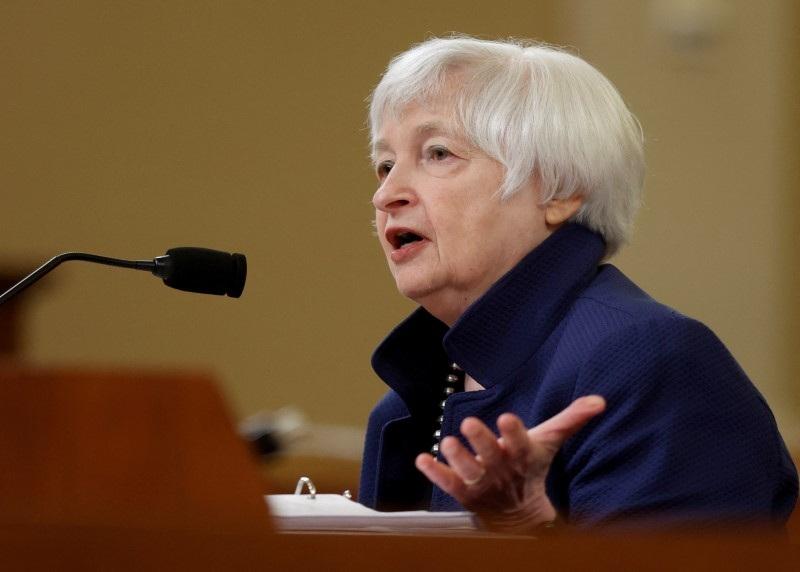Treasury Secretary Janet Yellen told lawmakers on Feb. 8 that she is “concerned” that increased vacancy rates in the commercial real estate market combined with higher interest rates could create some “stress” for smaller banks.
Ms. Yellen told a Senate Banking Committee hearing that falling demand in commercial real estate—especially for office buildings in metropolitan areas— combined with soaring interest rates for refinancing loans could create a problem for smaller banks, particularly as real estate loans come due.




